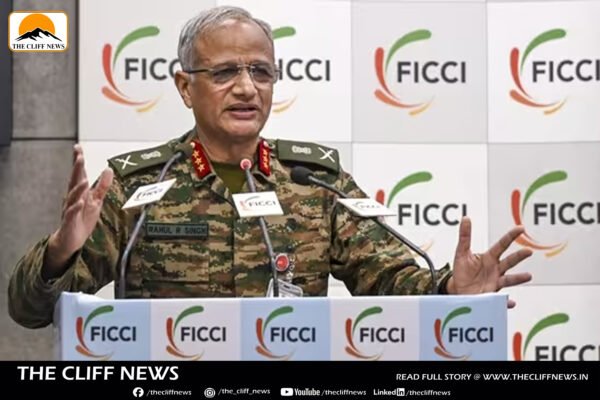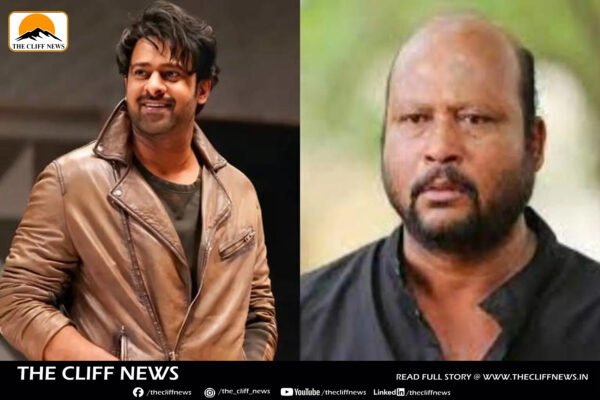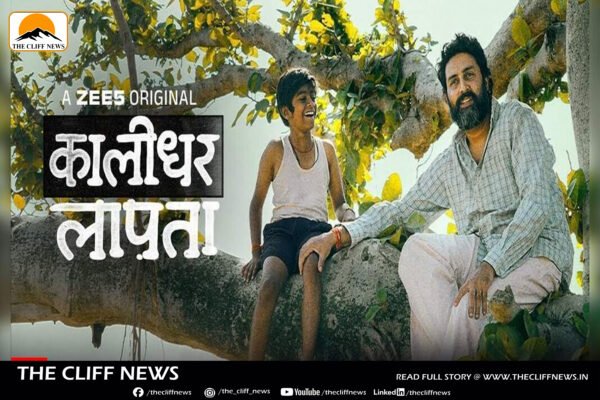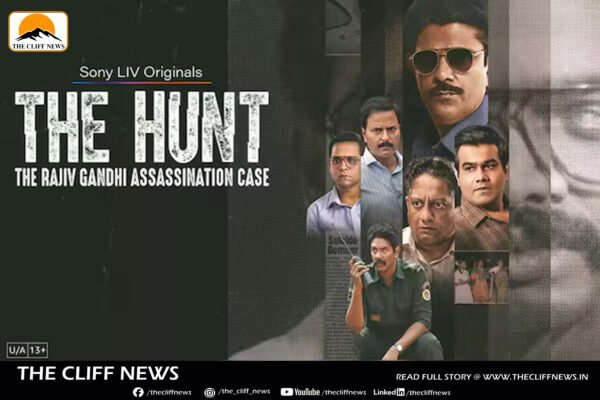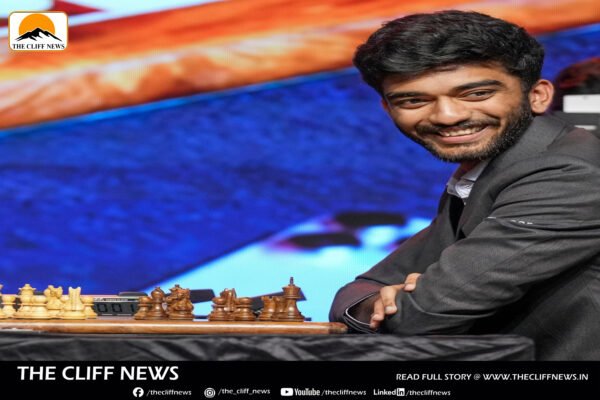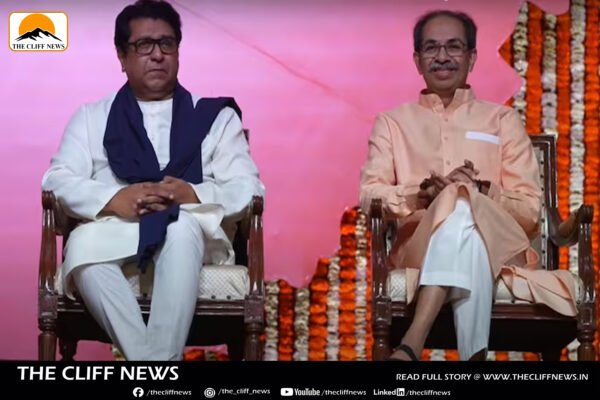India Fought Three Adversaries in Operation Sindoor: Top General Reveals China-Turkey-Pakistan Nexus in May Clash
India was not just up against Pakistan during the four-day Operation Sindoor in May 2025 but was also challenged by covert and strategic support from China and Turkey, revealed Lieutenant General Rahul R. Singh, Deputy Chief of Army Staff (Capability Development & Sustenance), on Friday. His remarks mark the first official acknowledgment of the tri-nation collaboration against India in what has been described as the most intense military clash between India and Pakistan in decades. Speaking at a conference on New Age Military Technologies organized by FICCI in New Delhi, Lt. Gen. Singh said the May 7–10 confrontation saw China treat the conflict as a “live laboratory” to evaluate the performance of its weapons systems, including J-10 and JF-17 fighter jets, PL-15 air-to-air missiles, and the HQ-9 air defence system—most of which saw their first combat use during the operation. Singh stated, “One border, three adversaries — Pakistan at the front, China in the background, and Turkey offering technological support. China used Pakistan to test its weapons. This is their classic strategy: kill with a borrowed knife.”He added that China was providing real-time intelligence to Pakistan, including the location of Indian military assets. “Pakistan even mentioned during DGMO talks that they knew which vectors were primed for attack. That information came from China.” This is the first time the Indian military has confirmed real-time battlefield coordination between Beijing and Islamabad, and the active combat use of Turkish drones, including the Bayraktar series, during the conflict. Singh noted that Turkey not only supplied UAVs but also deployed trained personnel to support Pakistan during the hostilities. Operation Sindoor: Background & ImpactOperation Sindoor was launched on May 7, 2025, in retaliation to the Pahalgam terror attack that killed 26 civilians. India struck nine terror and military installations in Pakistan and Pakistan-occupied Kashmir (PoK). The intense conflict featured missiles, drones, long-range artillery, and fighter jets. While Pakistan reportedly sought a ceasefire on May 10 after suffering heavy damage, Lt Gen Singh revealed that India had a larger military strike ready. “Pakistan asked for a ceasefire because they sensed a powerful, hidden punch was coming,” he said—marking the first official nod to a potential naval or expanded joint-force operation that may have been in the pipeline. Key Lessons and Strategic ShiftLt Gen Singh emphasized that India’s response reflects a paradigm shift in security strategy.“No longer will India absorb pain silently. Now, any sub-conventional (terror) attack will be met with conventional military retaliation,” he said. He credited India’s leadership for the clarity in strategic messaging and the timely decision to end hostilities, calling it a “masterstroke” that prevented escalation beyond desired objectives. Singh also cautioned that future conflicts may see population centres come under direct attack, stressing the need for enhanced air defence, counter-drone systems, and rapid military technology upgrades. Political Fallout and Calls for DebateThe revelation drew immediate political reactions. Congress MP Jairam Ramesh accused the government of downplaying Chinese threats, citing Prime Minister Modi’s 2020 comment that China had not entered Indian territory. The Congress reiterated its long-standing demand for a comprehensive debate on India-China relations in Parliament. ConclusionOperation Sindoor may be remembered not just for India’s robust military retaliation but also as a turning point that exposed the deepening military axis between Pakistan, China, and Turkey. The Indian military’s readiness, rapid escalation control, and strategic maturity offer key takeaways as India gears up for future multidimensional threats.
